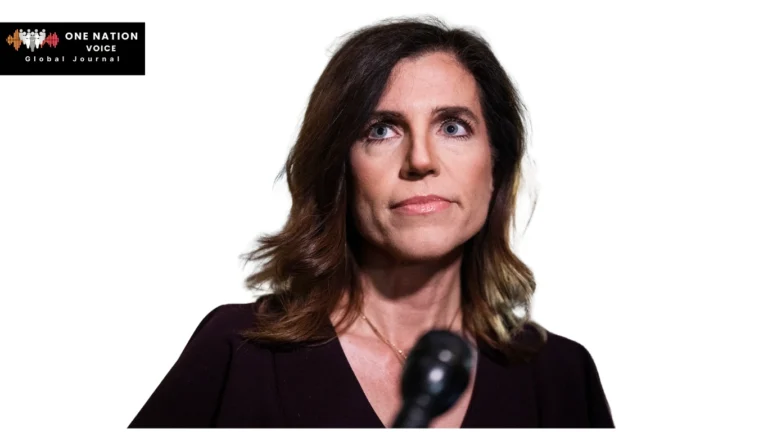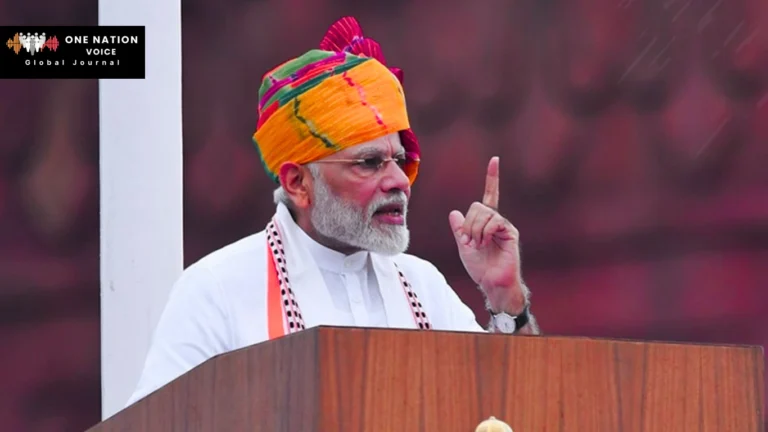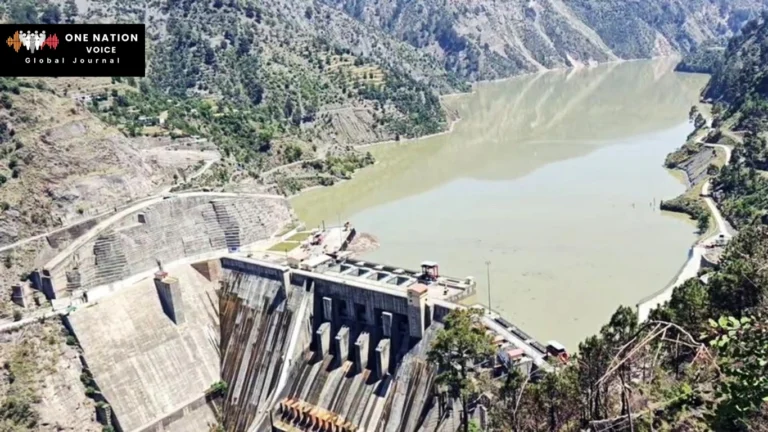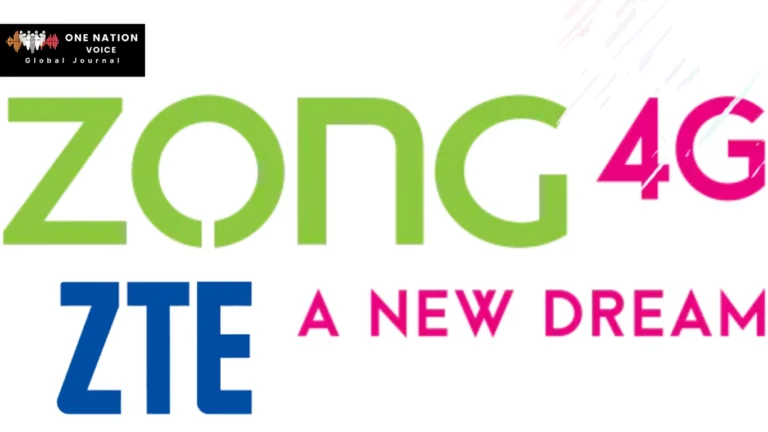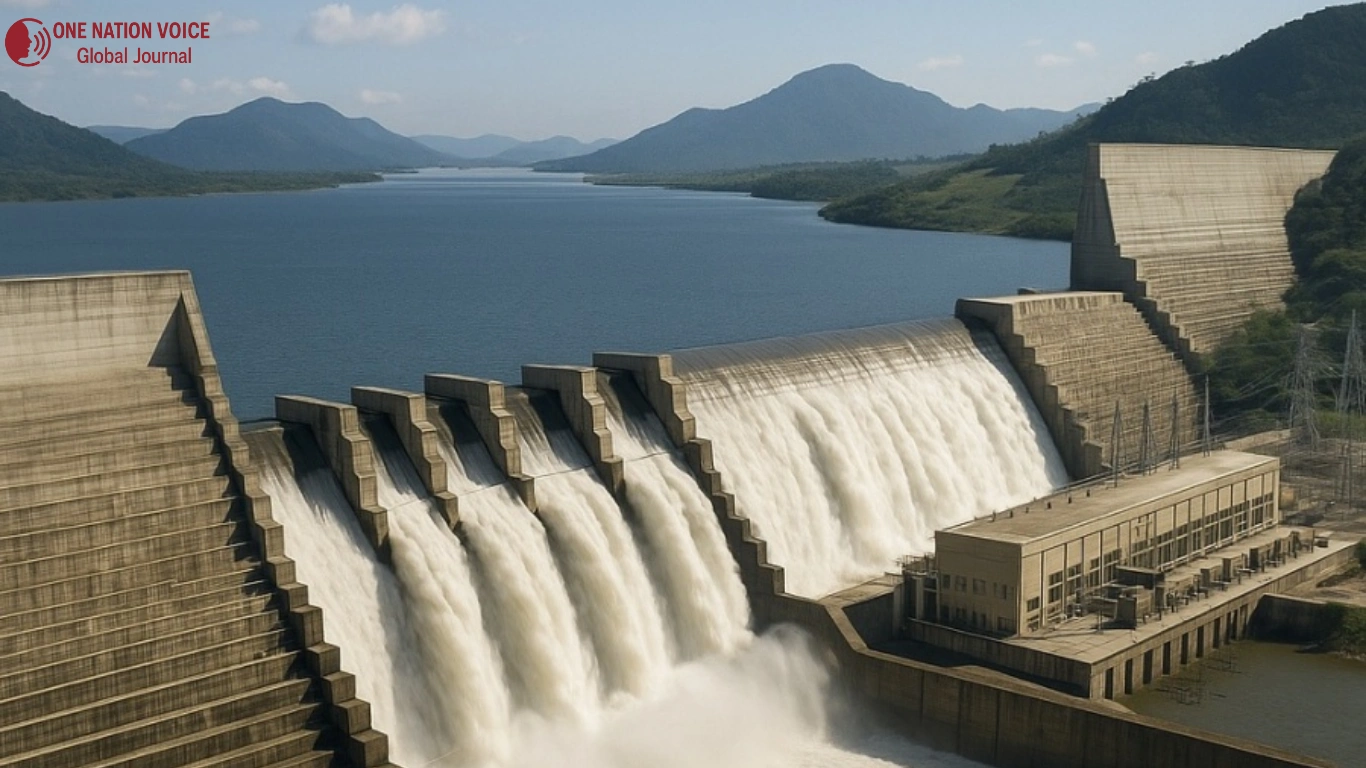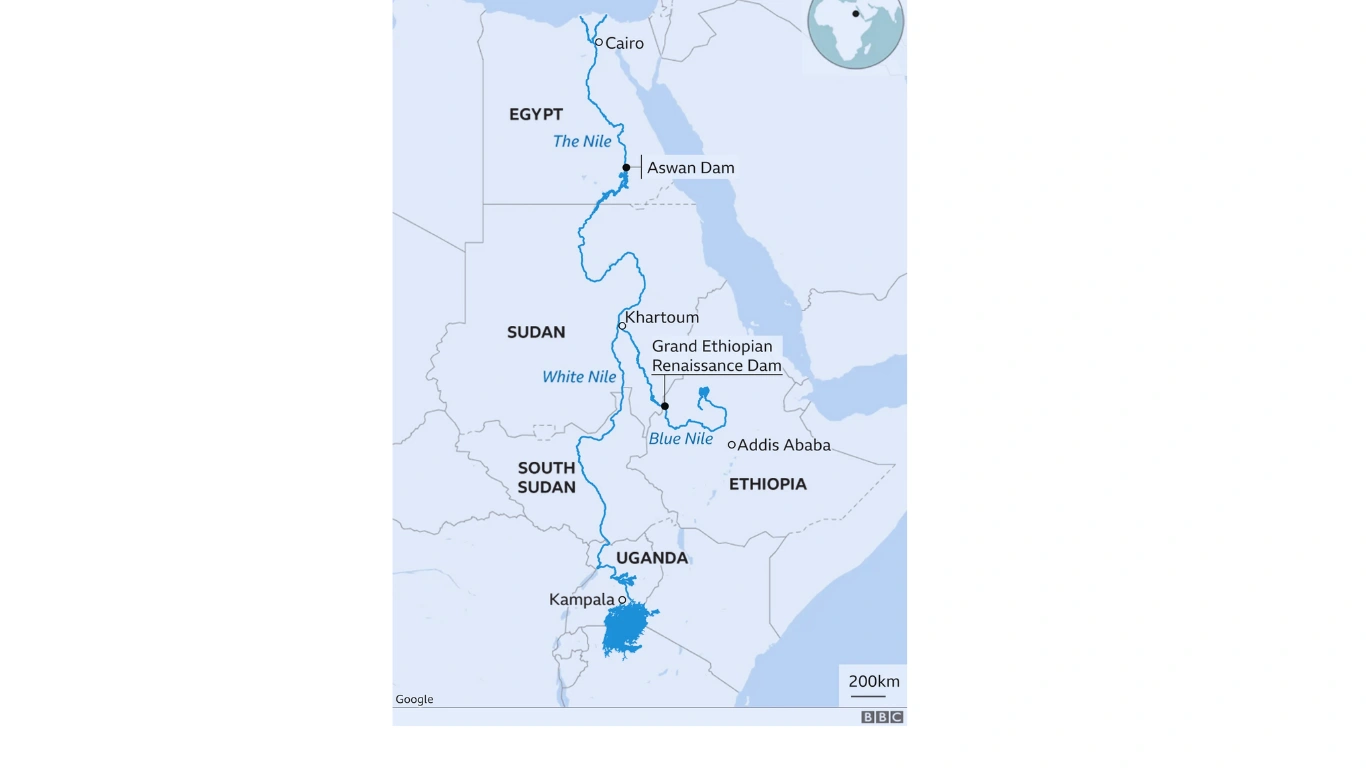The Nile Is Egypt’s Lifeline, Not Ethiopia’s Leverage
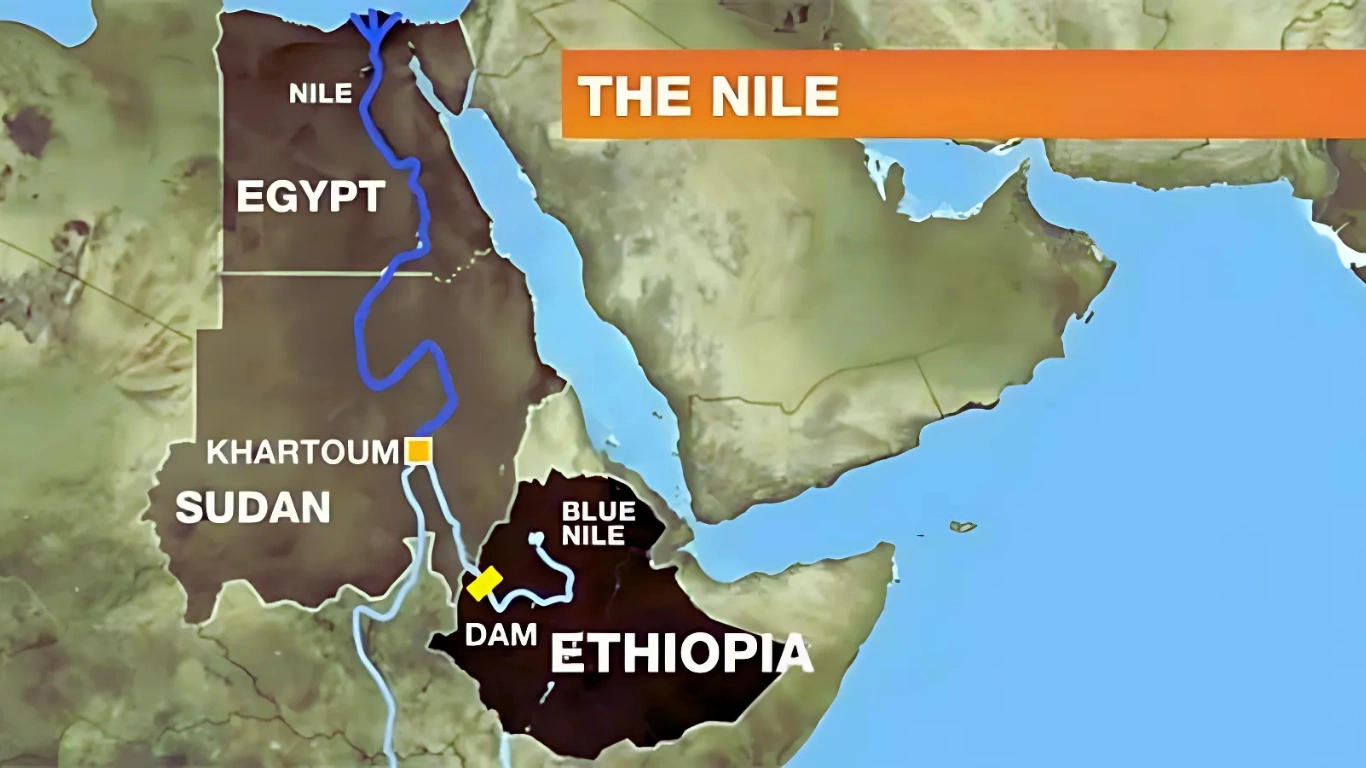
The Grand Ethiopian Renaissance Dam (GERD) is one of the most consequential infrastructure projects in modern African history. It represents a major shift in the geopolitics of the Nile Basin and has reignited an old but unresolved dispute between Ethiopia, Egypt, and Sudan. It is one that involves issues of water rights, national security, and regional cooperation. As discussions and tensions continue to unfold, the project underscores how the Nile remains an indispensable lifeline for Egypt, while posing challenges regarding the balance of power and utilization among the riparian nations.
The Nile Is Egypt’s Lifeline, Not Ethiopia’s Leverage
No nation on Earth is more dependent on a single water source than Egypt. The Nile provides nearly 97% of Egypt’s freshwater. It sustains the population, agriculture, industry, and drinking supply of over 110 million people. For Egypt, the Nile is not just a river. It is survival.
Also Read:China Begins Building World’s Largest Hydropower Dam in Tibet
The 1929 and 1959 treaties, though contested by some upstream states, clearly allocated substantial water shares to Egypt and Sudan. While these treaties were drawn during the colonial era, they created a legal framework that guaranteed Egypt’s access to the Nile. Ethiopia, which contributes more than 80% of the Nile’s flow through the Blue Nile, was never party to those agreements. Still, decades of diplomacy have upheld the principle that Nile waters must be shared in a way that avoids harm to downstream nations.
GERD changed the equation. Ethiopia began building the dam in 2011 without the consent or participation of Egypt or Sudan. While Addis Ababa argues GERD will help lift millions out of poverty by providing electricity and development, it has refused to guarantee binding terms on filling and operation. Egypt’s concern is straightforward: a unilateral move by Ethiopia could reduce Nile flows during drought years, crippling agriculture, food supply, and national security.
It is therefore neither irrational nor aggressive for Egypt to demand a binding agreement. International water law supports this. The principle of “no significant harm” obliges upstream states to avoid actions that cause severe impact to downstream nations.
Ethiopia’s refusal to commit to such legal obligations leaves Egypt no option but to prepare for worst-case scenarios.
Ethiopia argues that the Nile originates within its borders and thus belongs to it. This is a dangerous position that violates international norms.
Rivers that cross borders are shared resources. No country owns a transboundary river by virtue of geography alone.
The 1997 UN Convention on the Law of the Non-Navigational Uses of International Watercourses affirms this principle. It states clearly that nations must use international rivers in an equitable and reasonable manner and must consult with co-riparian countries before executing projects that impact water flow.
Ethiopia’s unilateralism is not an act of sovereignty; it is an act of defiance. The country has filled the dam’s reservoir in phases without reaching any agreement with Egypt and Sudan. It has dismissed calls from the African Union, the UN, and major powers for a legally binding deal. This is not how responsible states behave in regional diplomacy.
The GERD dispute is solvable. It requires compromise, binding commitments, and third-party mediation. The African Union has tried but failed to broker a deal. The UN Security Council has called for dialogue. The United States and EU have expressed support for a resolution that protects the rights of all three states.
What is not helpful is regional polarization or pan-African slogans that ignore legal facts. The Nile is a shared river. It must be governed by shared rules.
Egypt has the right to defend the livelihood of its people. The Nile is its lifeline, and any threat to its flow is a threat to national survival. Ethiopia’s refusal to recognize this right, and its insistence on unilateral action, undermines regional stability and violates international law.
The future of the Nile depends on dialogue, law, and compromise. Anything less risks turning Africa’s most important river into the trigger of a conflict that the region cannot afford.
Disclaimer: The views and opinions expressed in this article are exclusively those of the author and do not reflect the official stance, policies, or perspectives of the Platform.

